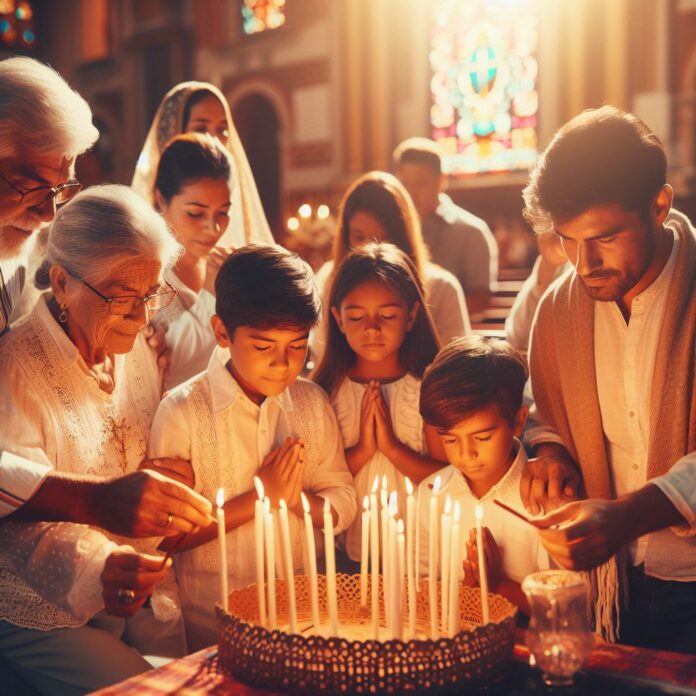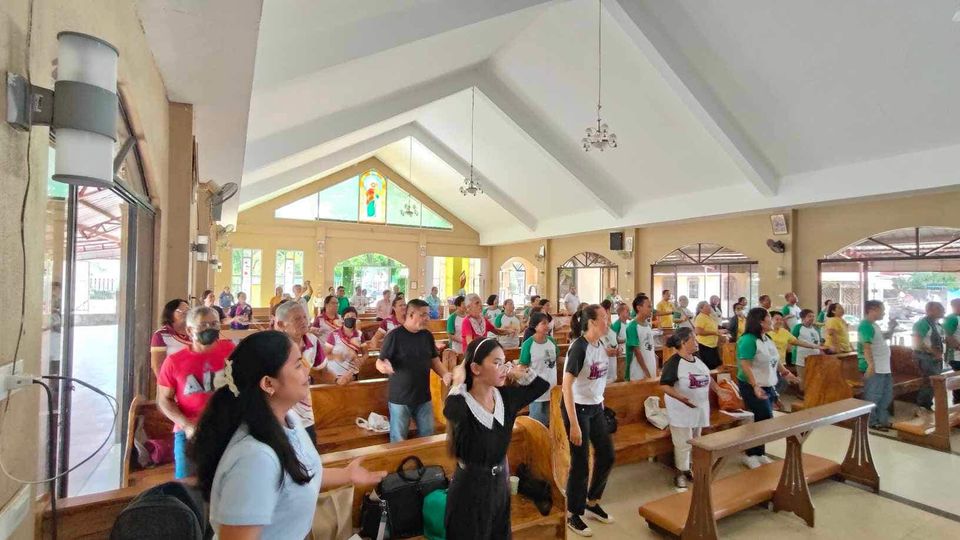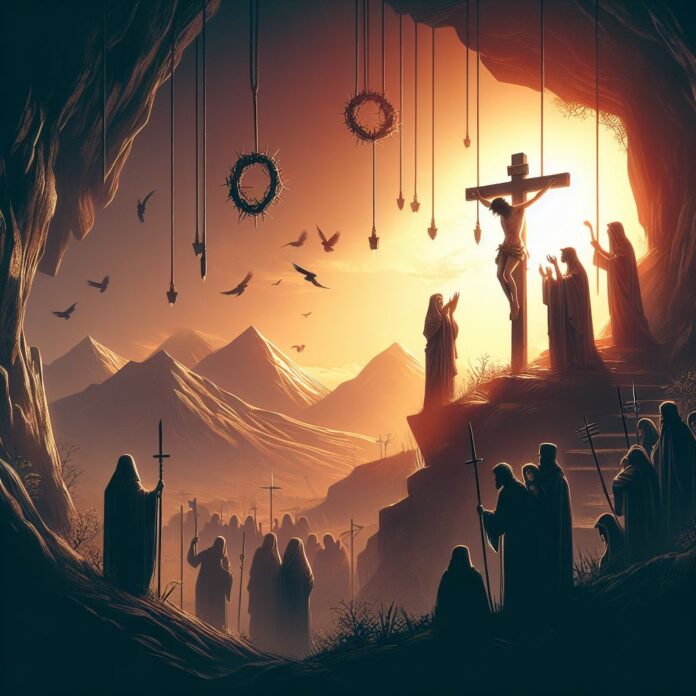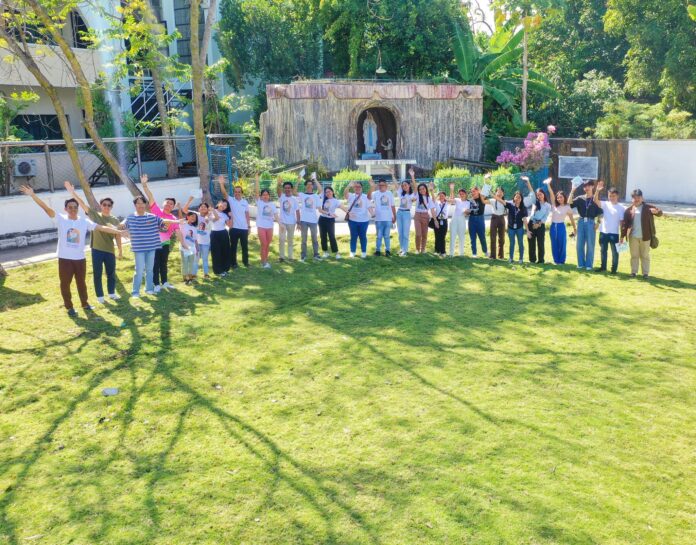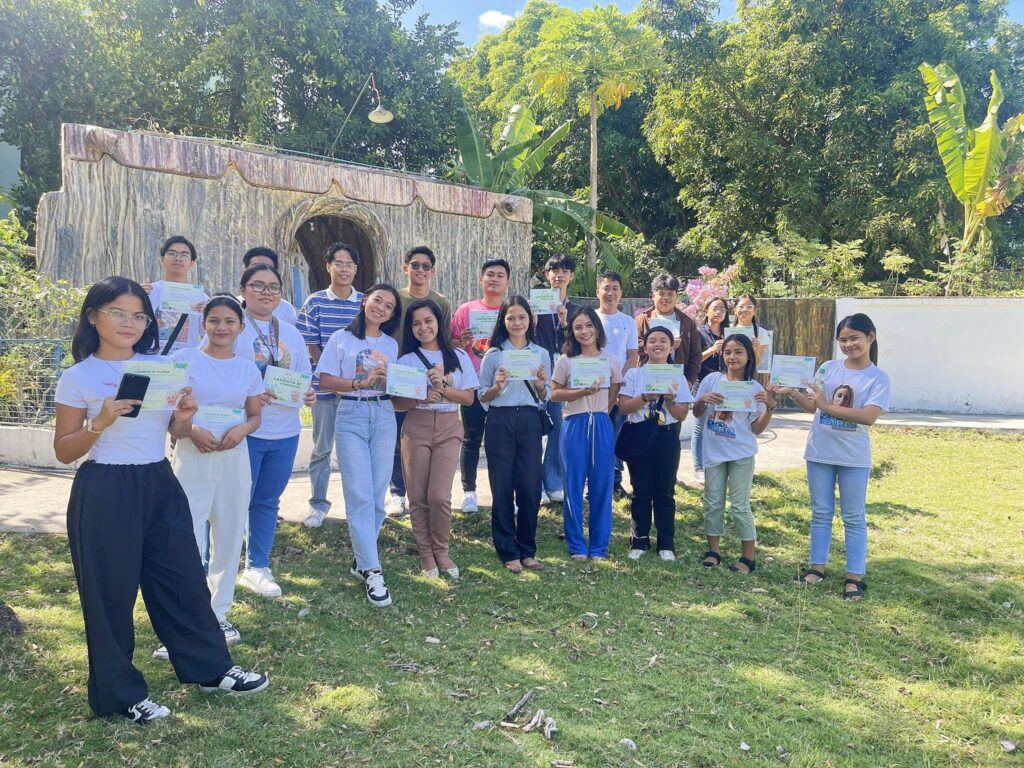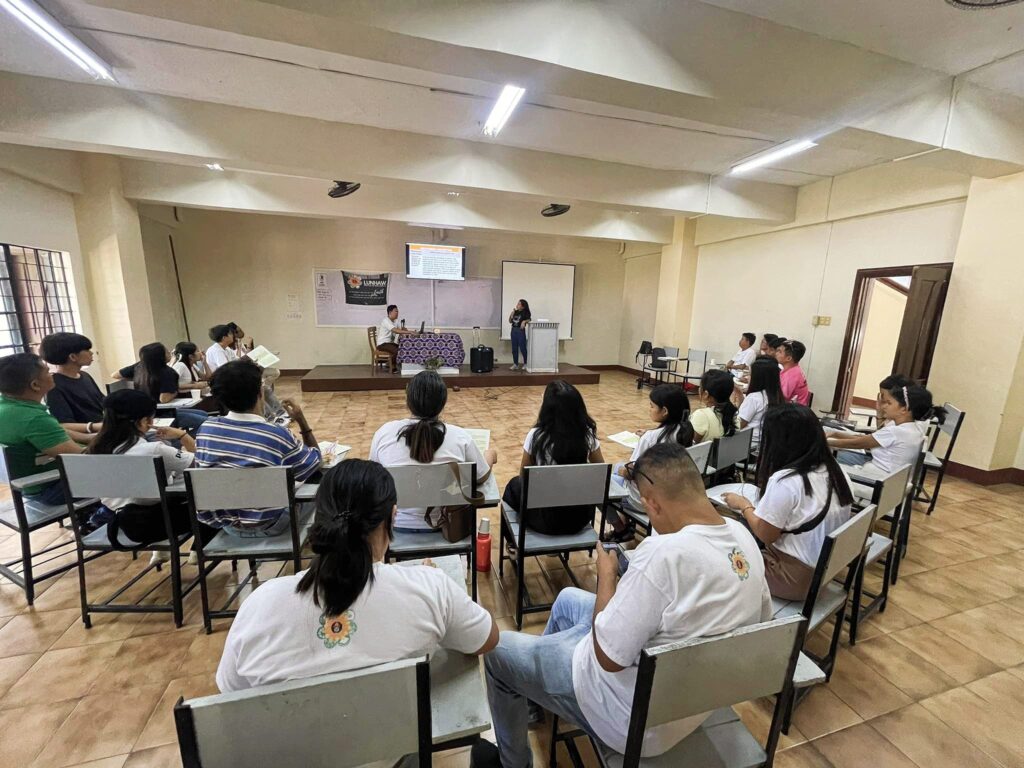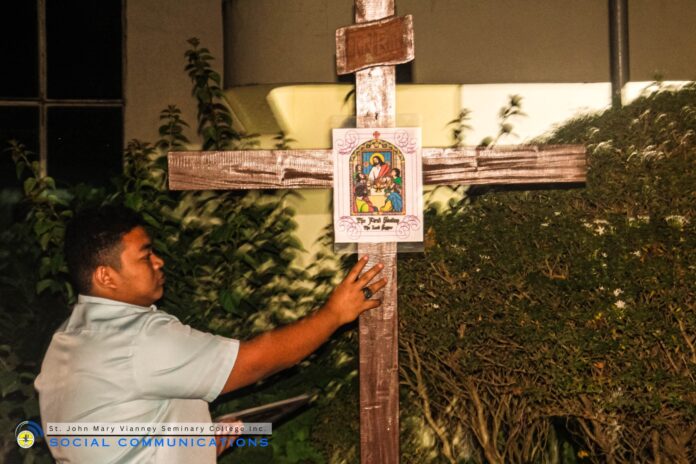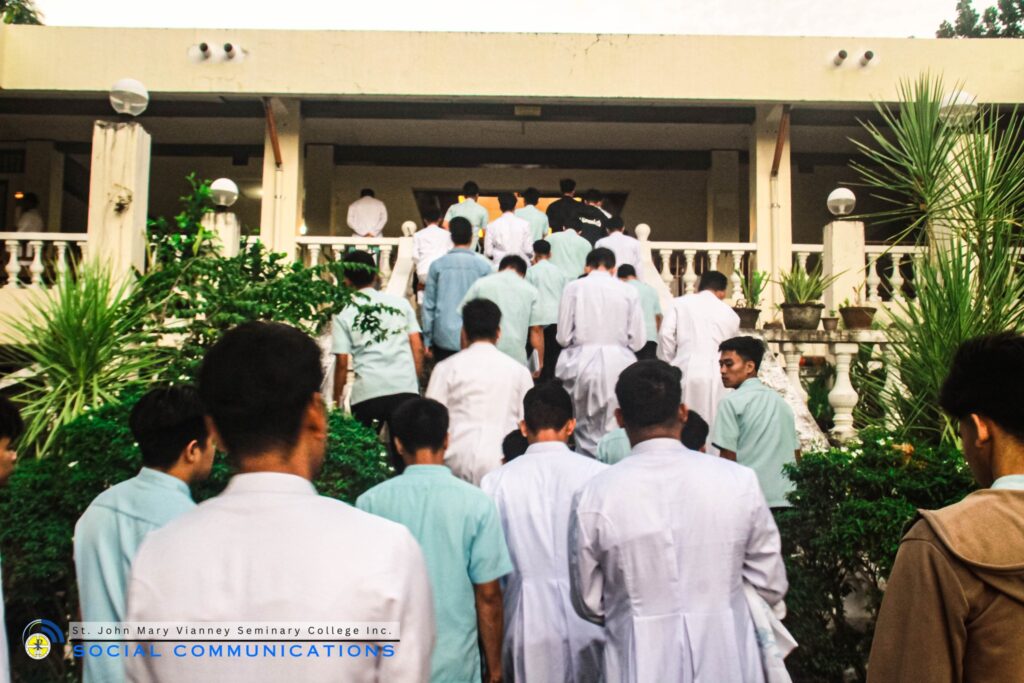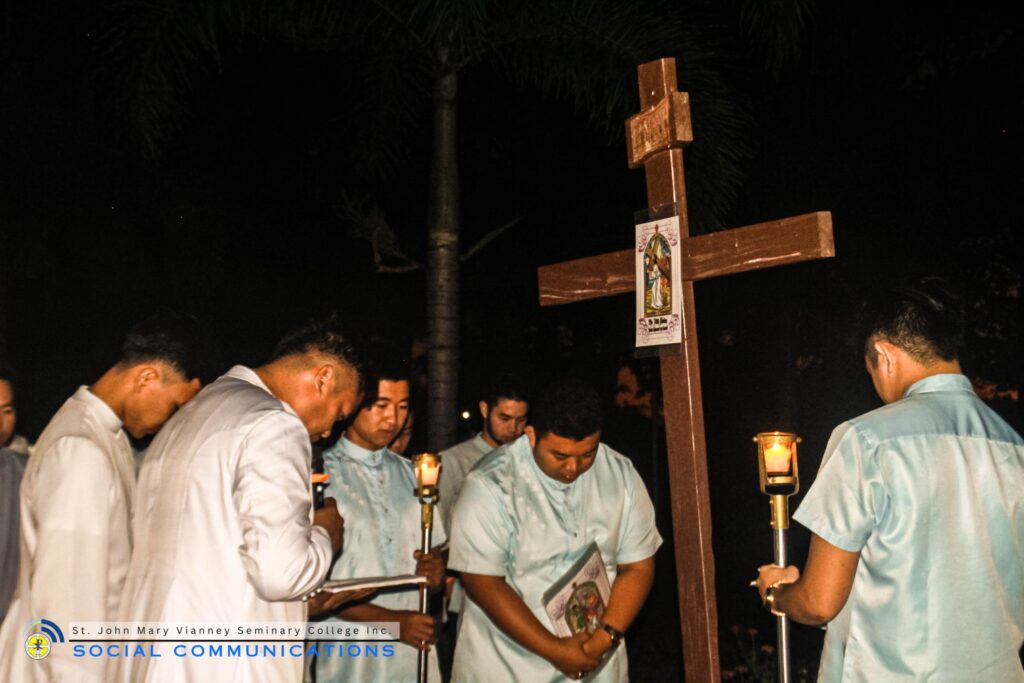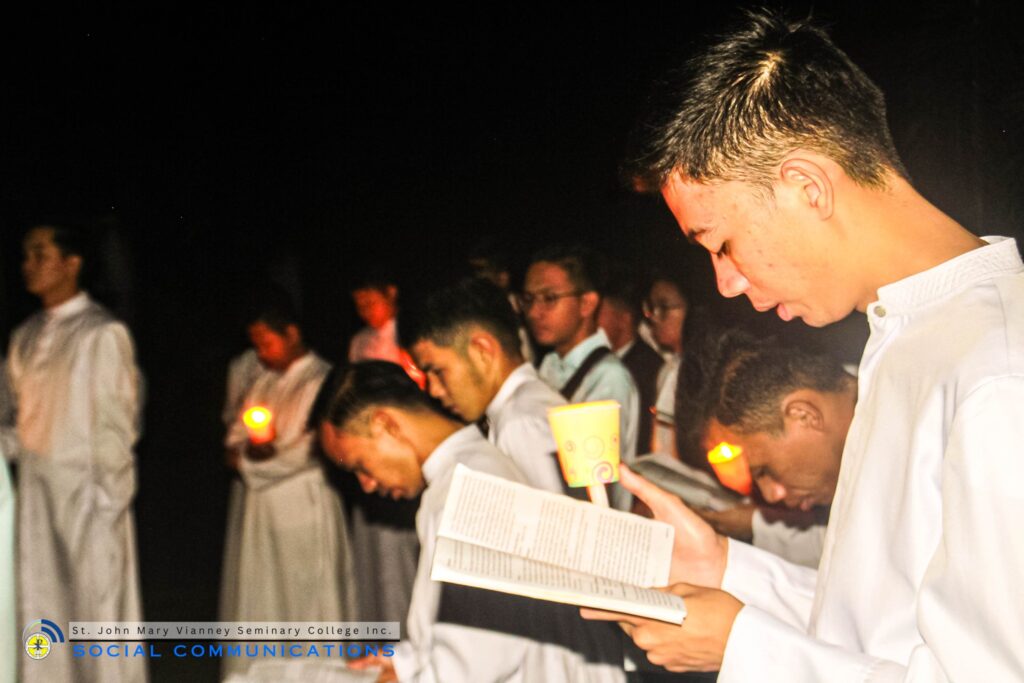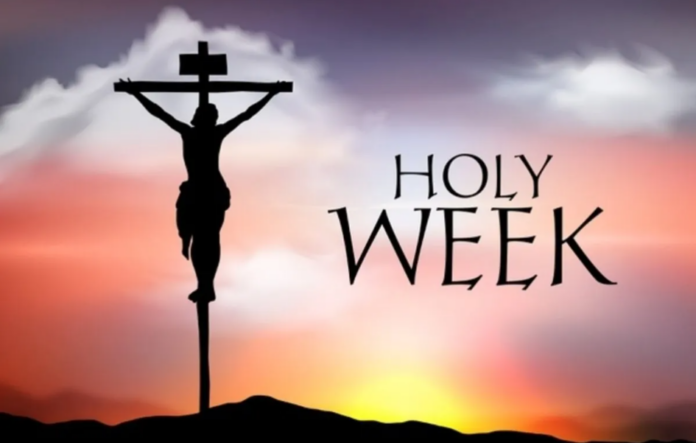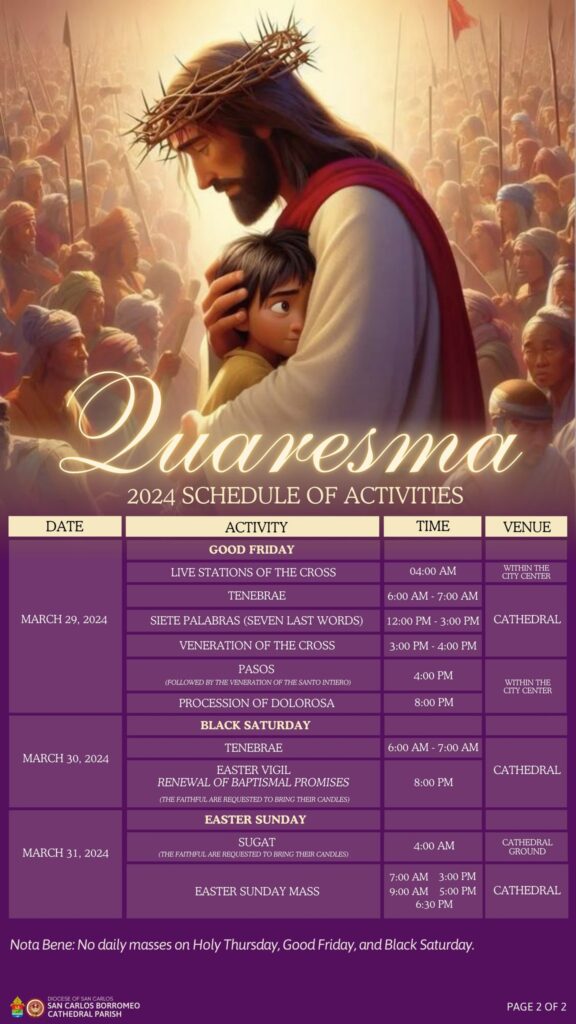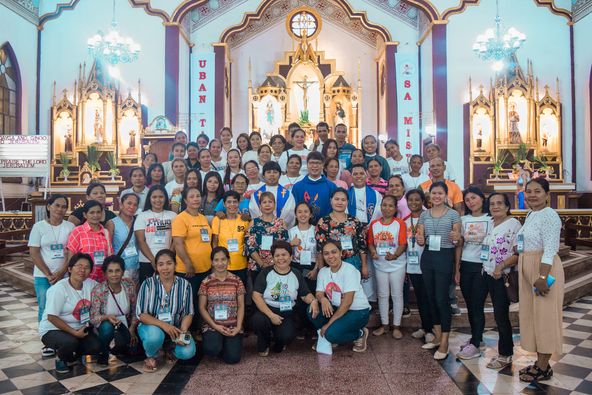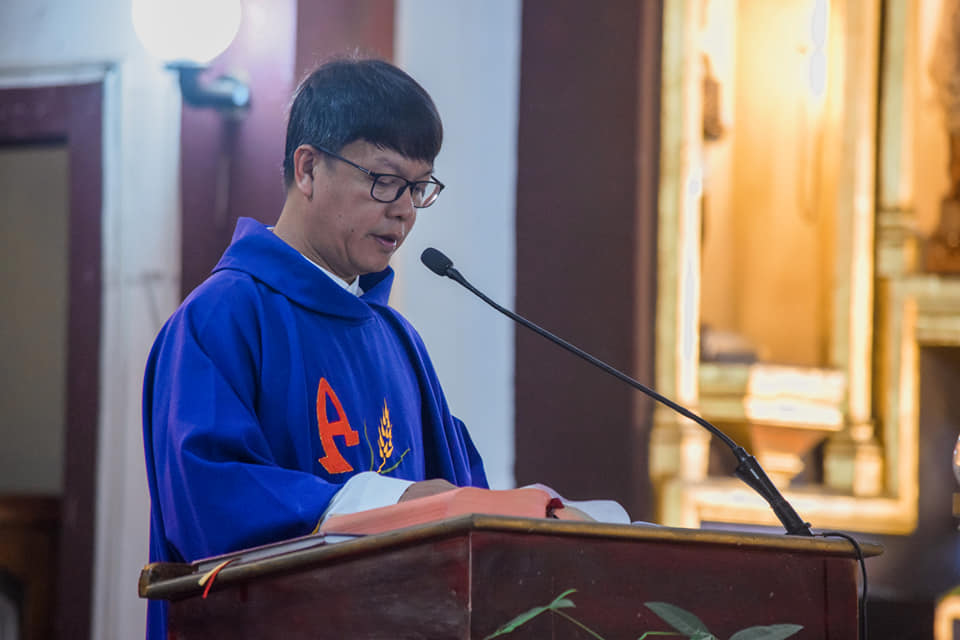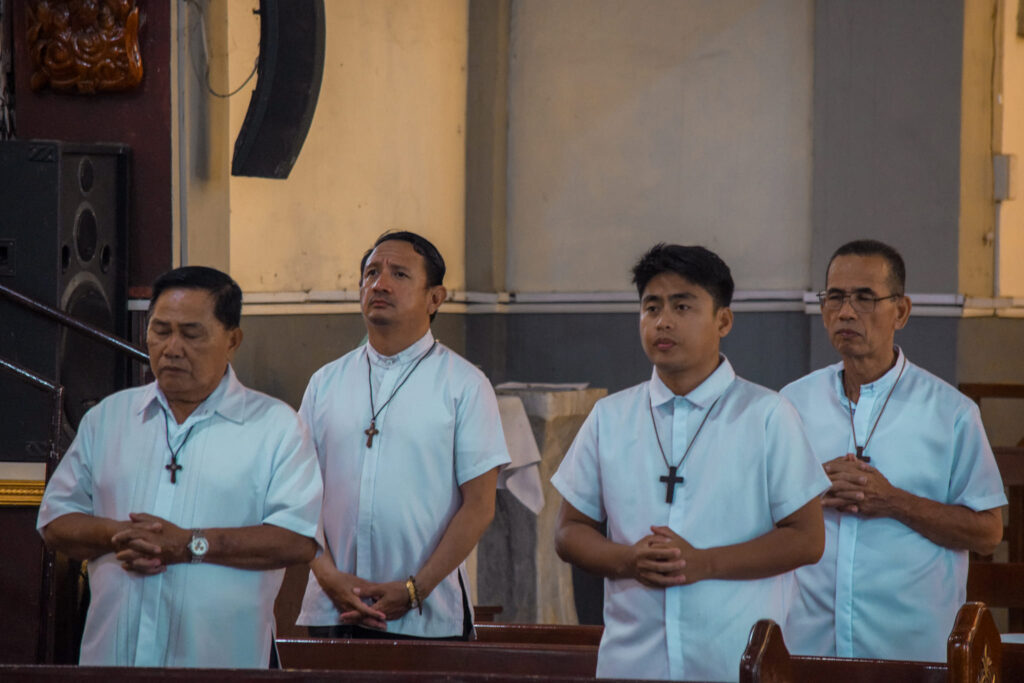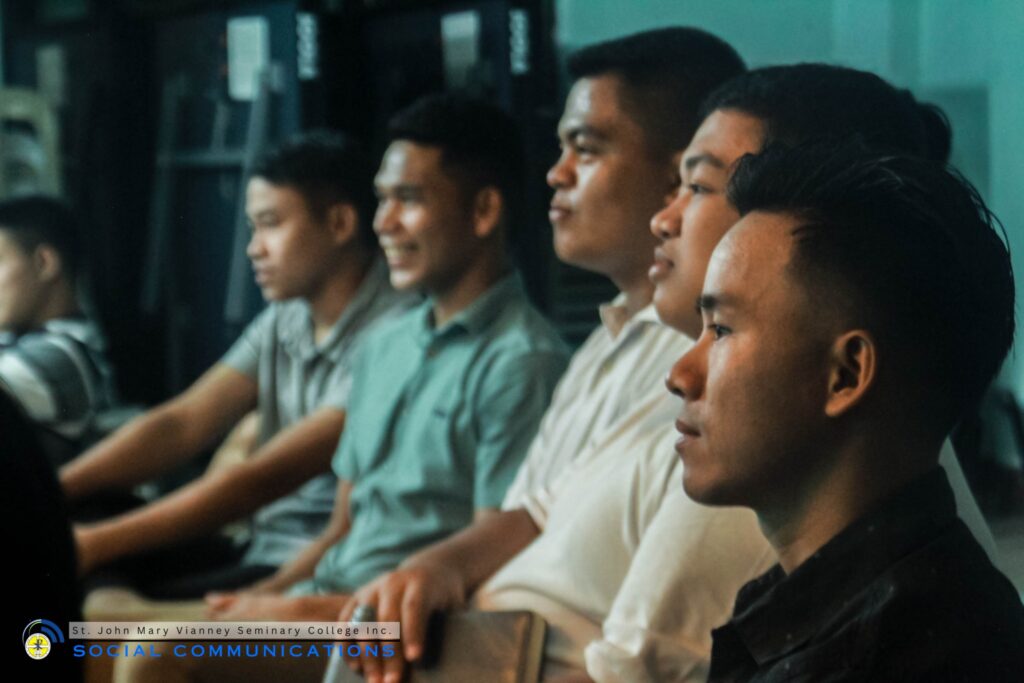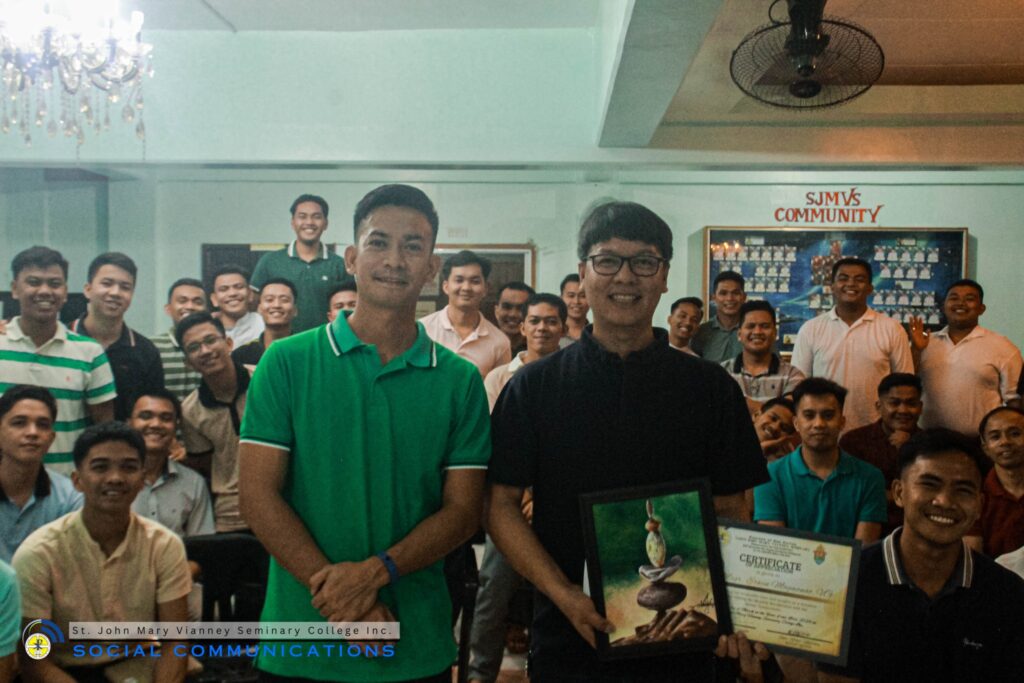For many Filipino Catholics, Holy Week is a time for deep reflection and spiritual renewal. Among the cherished traditions practiced during this period is Visita Iglesia, the act of visiting multiple churches. But beyond simply ticking churches off a list, Visita Iglesia holds a profound significance for the faithful.
At its core, Visita Iglesia is a spiritual pilgrimage. By traveling from church to church, devotees embark on a symbolic journey that mirrors the Stations of the Cross. Each church becomes a station, offering a moment to contemplate the different stages of Jesus Christ’s suffering and sacrifice. This reflection fosters a deeper understanding of the immense love and pain Jesus endured for humanity.
Visita Iglesia also serves as a powerful act of devotion. It’s a chance to venerate the Blessed Sacrament, a tradition some believe originated the practice. The act of prayer and meditation within these sacred spaces allows for a personal connection with the divine. Many use this time to seek forgiveness for sins, offer prayers for loved ones, and express gratitude for blessings received.
Beyond the spiritual significance, Visita Iglesia fosters a sense of community. It’s a tradition often undertaken by families and friends, creating a shared experience that strengthens bonds. The act of journeying together becomes a testament to the collective faith and the importance of shared traditions.
While the tradition may have originated centuries ago, Visita Iglesia’s importance remains relevant in the modern world. It allows us to disconnect from the daily hustle and bustle, offering a dedicated time for introspection and spiritual growth. In a world filled with distractions, Visita Iglesia serves as a powerful reminder of the true meaning of Holy Week.
So, this Holy Week, consider embarking on your own Visita Iglesia. It’s a journey that can lead to a deeper appreciation for faith, a stronger connection to your community, and a renewed sense of peace.

